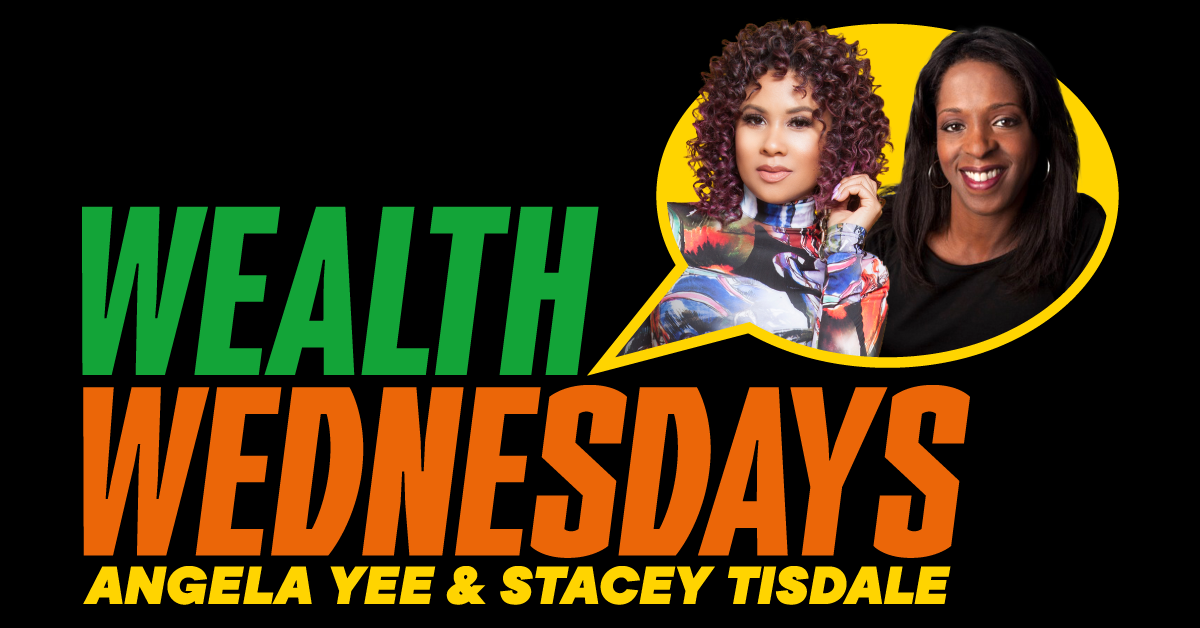[Black History Month] How Blacks Are Charting A New Economic Future & Building Wealth
[Black History Month] How Blacks Are Charting A New Economic Future & Building Wealth
Building wealth through our power of resilience
By Stacey Tisdale
A Story of Resilience
While there is no question that the wealth gap between Blacks and whites is persistent, few are focusing on the changes in attitudes, and more importantly behavior in the Black community.
The digital economy, more importantly, technology’s ability to lower financial access to investing, and how the ‘colorless’ nature of digital transactions reduces or eliminates many of the biases Blacks faced from financial institutions, is ushering in new beliefs in our ability to build wealth
o Investing gap has closed between Blacks and whites under 40. Over 60% of Blacks under 40 invest in stocks. That’s the same as whites.
o Most important, stocks are a bigger part of our conversation now: 40% of Blacks surveyed by Ariel Investments say they ‘talk about the stock market’ now versus 10% who did when they were growing up.
o 23% of African-Americans own cryptocurrency, compared to 11% of white Americans (Harris Poll)
o Black buying power in the U.S. is $1.6 trillion.
[Click HERE to learn how to turn the stock market into your side hustle!]
Closing Our Gaps
Despite these income gains, the wealth gap in the U.S. remains significant. In 2016, the median wealth for black families was just $17,600 — significantly lower than other racial and ethnic groups. When compared with other families across the U.S., blacks tend to have fewer assets, like owning their own home or business; less savings; limited access to 401(k)s and IRAs; and often hold higher interest loans for automobiles and mortgages.
In addition, systemic racism, discrimination and a lack of access to wealth-building opportunities remain significant impediments to the black community. But possibly the most destructive hurdle to overcome is the negative mindset these impediments have created for many blacks, like the young women I mentioned earlier.
The Financial History of Blacks in the U.S.
The financial history of blacks in the United States is a surprising and devastating untold story that serves as a reminder of how tough it has been for blacks to accumulate wealth in the U.S. For example: Between 1865 and 1874 newly emancipated slaves amassed $57 million in the Freedman’s Bank. Their deposits were taken to build the Treasury Annex building, and they were never reimbursed.
During the Great Migration between 1916 and 1970, more than 6 million blacks left the South and moved to the North, Midwest, and West to search for employment and opportunity. It was also to escape brutal violence, including what’s been called terror lynchings, according to The Equal Justice Institute. They left behind millions of acres of some of the most lucrative land in the U.S.
The Tulsa Race Riot of 1921 destroyed the affluent black community of Greenwood, also known as the black Wall Street for having a high concentration of black wealth and entrepreneurship in the United States.
When you consider the financial, psychological, and emotional scars events like these have left, the financial gains the black community has made serve as an incredible reminder of the resilience in all of us.
[Click HERE to learn about the investing habits of wealthy Blacks!]
Understanding Your Financial DNA
The young women I shared these facts with were shocked, curious and now had new information that would allow them to change their perceptions about blacks and money, which meant they were able to change their perceptions about their own financial possibilities.
As new generations of blacks try to create financial security for themselves and their families, they must look inside and see how this historic conditioning is impacting how they feel about themselves.
We should all examine the role race and culture play in our financial beliefs and ask ourselves:
o What are some of the stereotypes that are associated with my racial or ethnic group?
o Do I see some of these stereotypes playing out in my own behavior?
o How would I need to change the messages I’m telling myself if I were living my ideal relationship with money?
The Truth Will Set You Free
Awareness is the place where transformation can occur. As we see from the financial history of blacks in this country, we were born with everything we need inside of us to thrive, even when faced with tremendous challenges. Resilience is our birthright and a tremendous asset for our journey to financial freedom.

